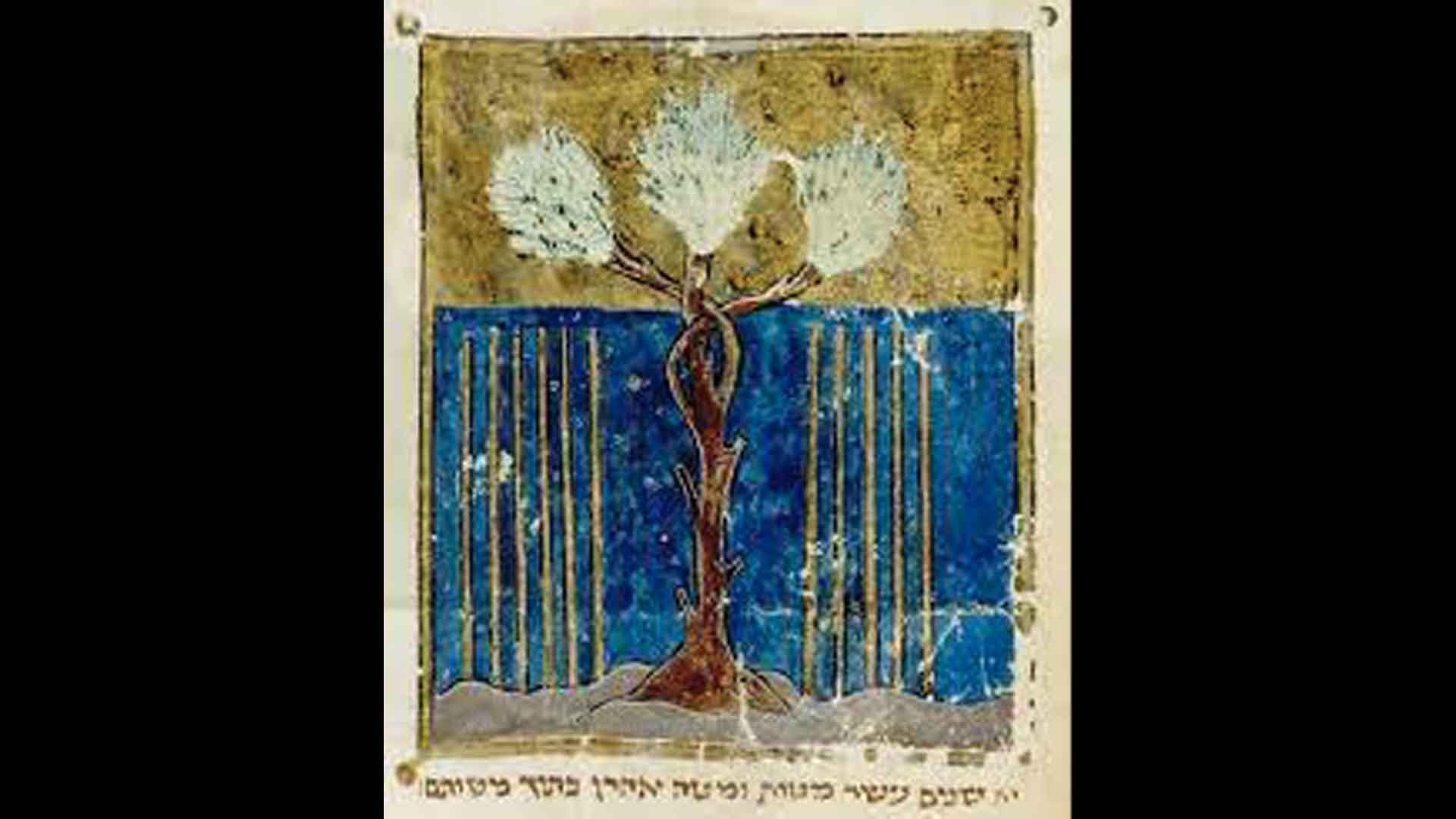For the source text click/tap here: Nazir 34
To download, click/tap here: PDF
A new Mishna introduces another typically Talmudic scenario.
A person might see a koi (which is an unspecified animal - perhaps a deer/goat; perhaps a mouflon or a water buffalo) (see Dan Ditty Yoma 74 for more) and vows nezirut if the animal is non-domesticated.
Another might vow similarly if the animal is not non-domesticated. Another might vow nazirut if the animal is domesticated and another if the animal is not domesticated. A fifth person might vow nazirut if the animal is both; a sixth might vow nazirut if the animal is neither. Another might vow nazirut if one of the others is a nazirite and yet another might vow nazirut if none of the above are nazirites. Finally, one might vow nazirut if all are nazirites.
The Mishna concludes that all of the people in this scenario would be nazirites.
We explore the work of Michael Roe and conditional vows with an addendum to Yoma 74 on Aveira Lishma (PhD thesis of Yoval Blankovsky)





















